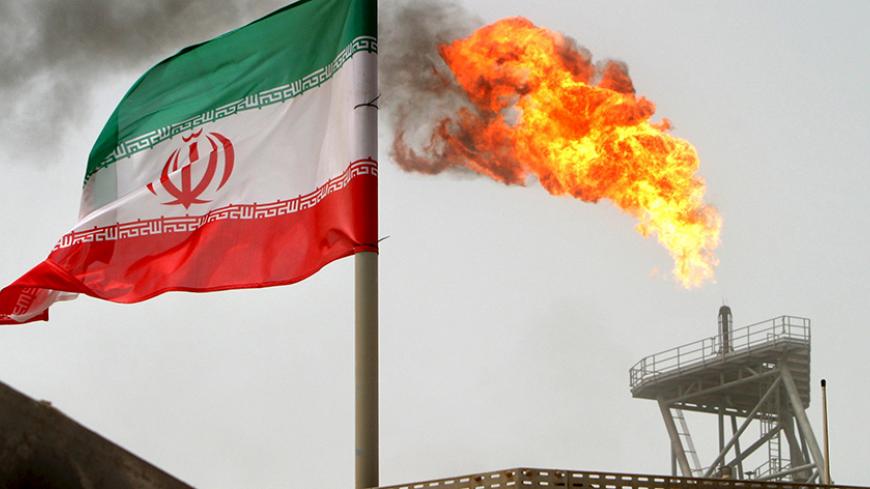Iran’s current buyback scheme, which reduces the role of international partners to that of service providers, has been very unpopular among international oil companies. It has been a major factor in the reduction of investment in the Iranian energy sector.
Upon taking office in August 2013, President Hassan Rouhani vowed to amend the fiscal terms for cooperation with international partners. His efforts led to the November 2015 unveiling of the framework for a new oil contract scheme, the Iran Petroleum Contract (IPC), which aimed to attract investment and technology to Iran’s energy sector. Making the case for a “win-win” solution, Petroleum Minister Bijan Zanganeh noted that the IPC was designed to meet Iran’s needs while being attractive to international partners.



